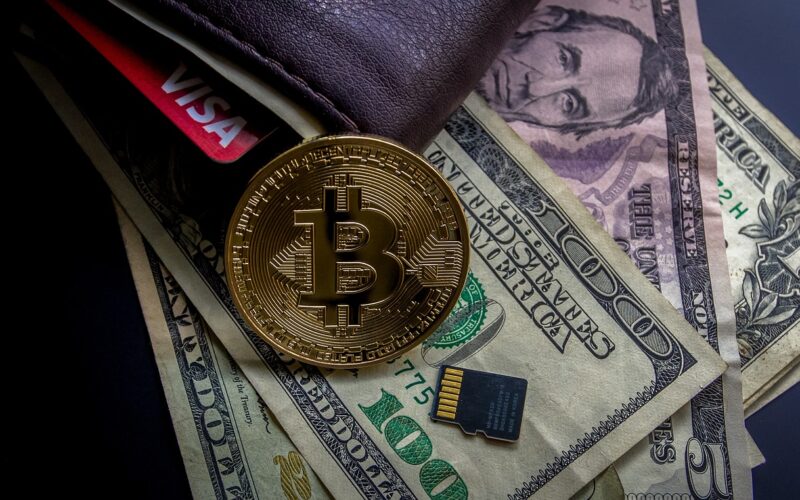The growing trend of institutional custody services for bitcoin is causing alarm among proponents of the cryptocurrency. Arthur Hayes, the founder of Maelstrom Fund, has voiced his concern that the core value of decentralization could be at risk. In a recent podcast interview with Blockworks, Hayes painted a grim picture of a future where dominant financial institutions accumulate vast quantities of bitcoin, potentially centralizing its ownership.
“Let’s say Larry Fink and his [traditional finance] ilk come in and hoover up a large percentage of the freely traded bitcoin in circulation,” Hayes warned. He highlighted the possible scenario where bitcoin becomes concentrated in the hands of a few powerful entities.
Institutional Involvement in Bitcoin
On a global scale, traditional finance institutions are increasingly embracing the opportunity to offer cryptocurrency custody and trading services, including ETFs. For instance, banks such as Zodia, backed by Standard Chartered, and SGKB in Switzerland, as well as Deutsche Bank, have entered the space. However, Arthur Hayes views these efforts as potential agents of centralization, even referring to them as “agents of the state.”
Hayes pointed out that even key investors in mining operations, such as BlackRock, could have a significant influence on the future of cryptocurrencies. He expressed concerns about the potential negative impact of a BlackRock ETF becoming too large. According to Hayes, if this were to happen, it could essentially render bitcoin immovable and hinder its use as an actual currency.
“You can’t actually use the bitcoin. It’s a financial asset. It’s not the actual bitcoin itself,” explained Hayes.
The Debate Continues
Hayes concluded that institutional custodians would likely function as “large passive investors,” which could potentially drive up bitcoin’s price. However, he emphasized the uncertainty surrounding whether the institutional pursuit of bitcoin control would ultimately lead to its downfall.
On the other hand, Charlie Munger, vice chairman of Berkshire Hathaway, has dismissed bitcoin as “rat poison” and a disruptive threat to traditional finance.
















